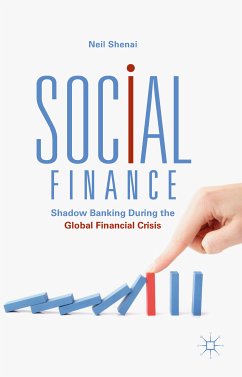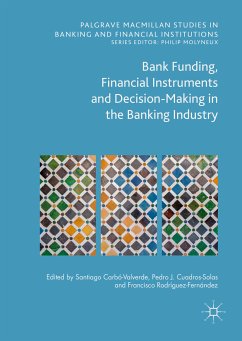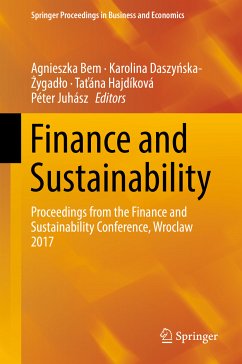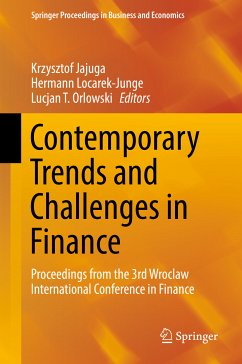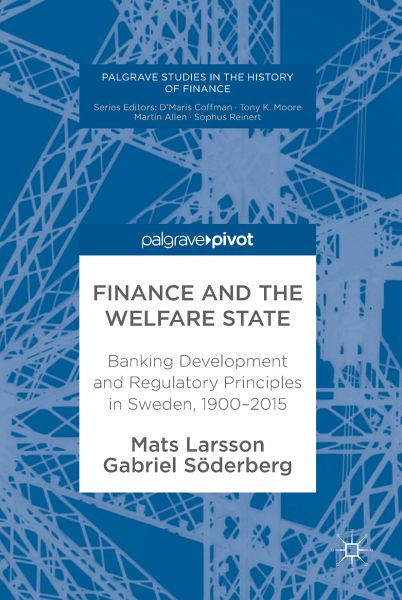
Finance and the Welfare State (eBook, PDF)
Banking Development and Regulatory Principles in Sweden, 1900-2015
Versandkostenfrei!
Sofort per Download lieferbar
48,95 €
inkl. MwSt.
Weitere Ausgaben:

PAYBACK Punkte
24 °P sammeln!
This book explores the Swedish experience of banking development, regulation and financial crisis from 1900 to 2015. It puts the experiences of the past in the context of today's debate on the future of banking, and argues that the experiences of the Global Financial Crisis that started in 2007 warrants new understandings of the role of bank regulation. The book also analyses how shifts in bank regulations are usually part of more general policy shifts in society, which are in turn connected to both pragmatic and ideological considerations. In the case of Sweden the shift towards more extensiv...
This book explores the Swedish experience of banking development, regulation and financial crisis from 1900 to 2015. It puts the experiences of the past in the context of today's debate on the future of banking, and argues that the experiences of the Global Financial Crisis that started in 2007 warrants new understandings of the role of bank regulation. The book also analyses how shifts in bank regulations are usually part of more general policy shifts in society, which are in turn connected to both pragmatic and ideological considerations. In the case of Sweden the shift towards more extensive bank regulations after World War II was closely related to the development of the welfare state. Such shifts in policy and regulations are generally international, and the book also explores how the Swedish national policy has interacted with international developments.
Dieser Download kann aus rechtlichen Gründen nur mit Rechnungsadresse in A, B, BG, CY, CZ, D, DK, EW, E, FIN, F, GR, HR, H, IRL, I, LT, L, LR, M, NL, PL, P, R, S, SLO, SK ausgeliefert werden.



